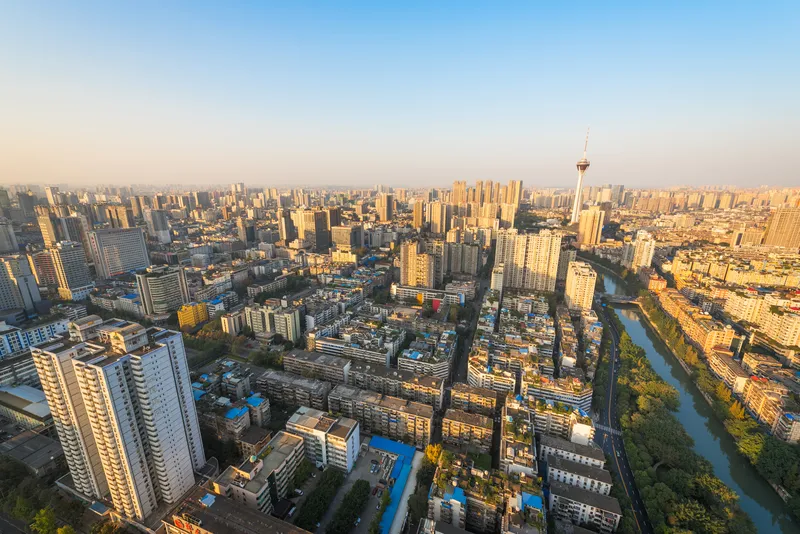US self-driving car startup nuTonomy is to begin testing its growing fleet of self-driving cars on specific public streets in a designated area of Boston. The company, which launched a self-driving car trial in Singapore in September, has been given permission to operate its vehicles in the city’s Raymond L. Flynn Marine Park.
nuTonomy equips its vehicles with a software system which has been integrated with high-performance sensing and computing components, to enable safe operation without a driver.
November 22, 2016
Read time: 2 mins
US self-driving car startup nuTonomy is to begin testing its growing fleet of self-driving cars on specific public streets in a designated area of Boston. The company, which launched a self-driving car trial in Singapore in September, has been given permission to operate its vehicles in the city’s Raymond L. Flynn Marine Park.
nuTonomy equips its vehicles with a software system which has been integrated with high-performance sensing and computing components, to enable safe operation without a driver.
The company’s technology system out of research conducted in Massachusetts Institute of Technology labs run by nuTonomy co-founders Karl Iagnemma and Emilio Frazzoli.
During the Boston road tests, nuTonomy’s software system will learn local signage and road markings while gaining a deeper understanding of pedestrian, cyclist, and driver behaviour and interaction across a complex urban driving environment. nuTonomy plans to work with government officials to expand the testing area to other parts of the city in the near future.
The testing in Boston will enable nuTonomy to build on the knowledge it has gained from the public road tests and public trials it has been conducting in Singapore, where it plans to launch its self-driving mobility-on-demand service in 2018.
nuTonomy equips its vehicles with a software system which has been integrated with high-performance sensing and computing components, to enable safe operation without a driver.
The company’s technology system out of research conducted in Massachusetts Institute of Technology labs run by nuTonomy co-founders Karl Iagnemma and Emilio Frazzoli.
During the Boston road tests, nuTonomy’s software system will learn local signage and road markings while gaining a deeper understanding of pedestrian, cyclist, and driver behaviour and interaction across a complex urban driving environment. nuTonomy plans to work with government officials to expand the testing area to other parts of the city in the near future.
The testing in Boston will enable nuTonomy to build on the knowledge it has gained from the public road tests and public trials it has been conducting in Singapore, where it plans to launch its self-driving mobility-on-demand service in 2018.









